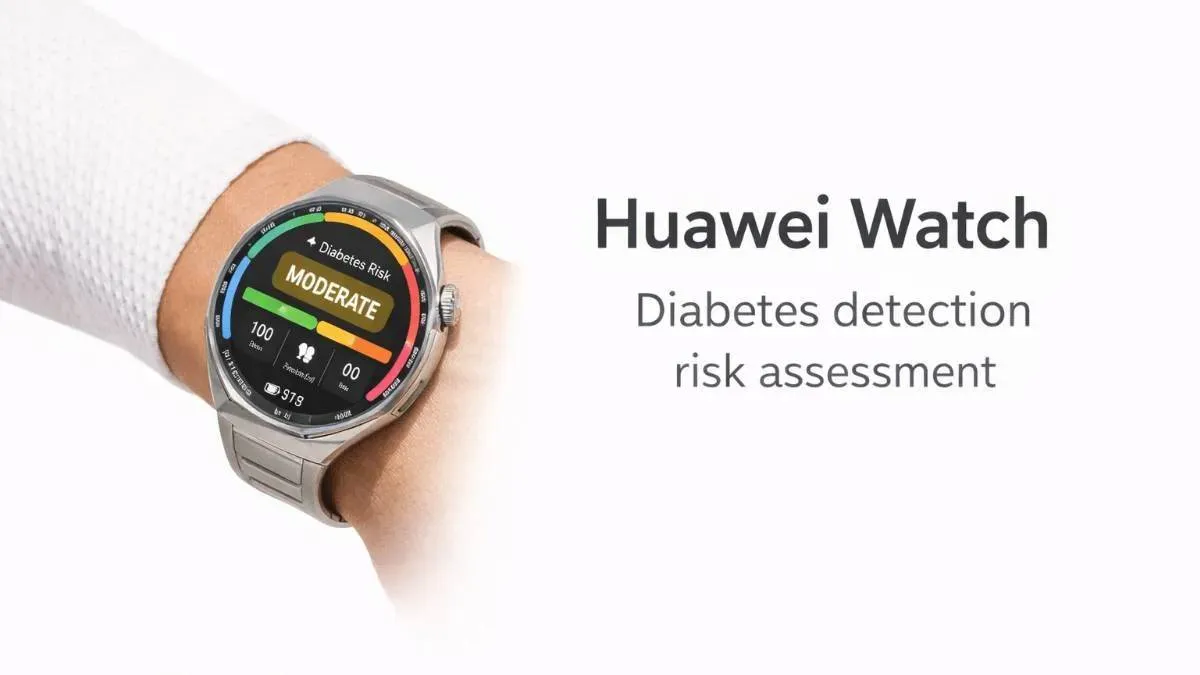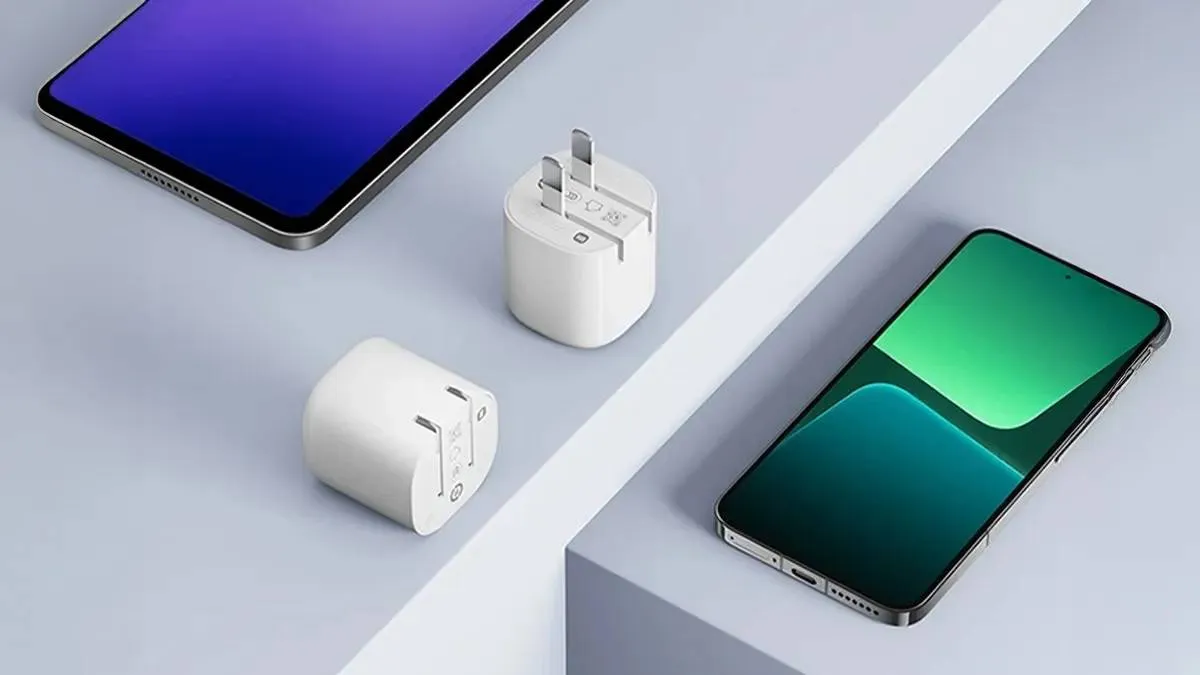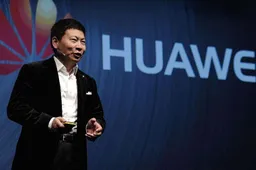How to buy the iPhone 13 for less than $1 - "more you look, less you see"
AppleSaturday, 07 May 2022 at 05:52

There is a huge tendency for people to take advantage of certain situations and scam others off their hard-earned money. Many people fall prey to these scams because of their love for cheap or even free things. Like the popular phrase, "the more you look, the less you see", the more you pay attention to potential scams, the lesser your ability to see that it's a scam. A smartphone that will ordinarily cost a thousand dollars, some people will want to buy it for $150. When they see such adverts, they convince themselves that it is real and there is no scam in it. Do you believe that you can buy the iPhone 13 for 1 yuan ($0.15)? Well, some Chinese buyers believe that they can purchase this flagship smartphone for 1 yuan ($0.15).

However, while trying to buy the iPhone 13 for 1 yuan, you will end up spending over 10,000 yuan ($1,500). This is much more than the actual price of the smartphone. Let's take a look at the recent iPhone 13 sale scam in China.
Can you buy the iPhone 13 for less than $1
Reports out of China reveal that a Weibo user @LegalDaily (Ms Lin) fell for an advert to purchase the iPhone 13 for 1 yuan ($0.15). She clicked to download the app, and after recharging 39.9 yuan ($6) to become a member, she was told that her "welfare fund" is insufficient. It is important to note that the advert will not tell you the Terms and Conditions to buy the phone for 1 yuan ($0.15). Thus, she wasn't even aware that she was to register to be a member and obviously didn't know anything about "welfare fund".
However, the scam does not end there. To be eligible to buy the iPhone 13 for 1 yuan ($0.15), you need to purchase an annual card membership again. The app page prompts "insufficient welfare funds", and after consulting customer service, here is the response
"Only after meeting the welfare funds displayed on the product page can you add 1 yuan to purchase a mobile phone. You have to pay 39.9 yuan to buy an annual membership card to get 49.9 yuan in welfare funds. If the welfare funds are insufficient, you need to buy annual membership again."
Have you seen the scam? There more you look the less you see right? You can bet that buy all the "welfare funds" that you can, if the total does not exceed 10,000 yuan ($1,500), you are not getting the iPhone 13.
A twist to the scam
According to Ms Lin's calculations, if she recharges enough welfare funds, the recharge amount needs to be more than 10,000 yuan ($1,500). This is much higher than the price of mobile phones on regular e-commerce platforms. Only then did she find out that it was a scam.
According to reports, opening a monthly card of 9.9 yuan can get 9.9 yuan of welfare money, and opening a 39.9 yuan annual card can get 49.9 yuan of welfare money. Inviting friends to open a monthly card and an annual card can get 5 yuan and 20 yuan of welfare money respectively.
That is to say, if you want to successfully buy this iPhone (the price on the official website is 8799 yuan), you need to open a membership card for about 261 years. In addition, you also need to pay 10,393 yuan ($1,559), plus 1 yuan for the iPhone 13.
If you only want to spend 1 yuan to buy, you have to invite 650 friends to open an annual card. Before you get to pay 1 yuan for the phone, all 650 friends must successfully buy their annual membership card.
The survey found that a number of apps advertised "1 yuan purchase" and "0 yuan purchase" for the iPhone 13. A lot of consumers, and many people, like Ms Lin, were duped after entering the game.
Is this even legal for online shopping sites?
With all this, people can’t help but ask: Can online shopping platforms carry out similar publicity and activities?. Like is it possible for popular online sites to offer smartphones at outrageously low prices? Well, this is a very complex question and the response will vary from region to region. The terms and conditions will determine the legality of such publicity. In this case, it's a false ad aimed at ripping users of as much money as they can. Thus, it will be illegal in many cases.
Han Yingwei, a partner of Yingke Law Firm's global headquarters, believes that shopping platforms, as operators, should strictly follow relevant laws and regulations, and clearly price goods and services. The buyer must have access to a true, comprehensive and accurate description of the rules. There should be no false or misleading publicity behaviour otherwise this will be illegal
"The above app misleads and fools consumers to recharge in the form of 'subsidy money'. In fact, consumers themselves 'subsidize' themselves, thereby causing losses. The behaviour of merchants violates the principle of good faith and is false propaganda, false advertising, and even fraud." Han Yingwei said.
Zhu Wei, deputy director of the Communication Law Research Center of China University of Political Science and Law, said that the mode of "1 yuan purchase" and "0 yuan purchase" itself is a consumption trap. It induces consumers to buy higher-priced products or draws traffic; at the same time, consumers get virtual currency by recharging, and merchants limit the consumption scope and proportion of virtual currency. This leads to damage to consumers' rights and interests. Relevant law enforcement departments should carry out special rectification for this chaos.
How can you protect yourself from such scams?
Regarding the question of how consumers can protect their rights after being ripped off, Zhu Wei said that if the standard terms of the app have the right to unilaterally interpret, expand their own rights and reduce consumer rights, such standard terms are invalid. If consumers sue to the court, according to the "Provisions of the Supreme People's Court on Several Issues Concerning the Application of Law in the Trial of Online Consumer Dispute Cases (I)" issued in March 2022, the people's court should determine that this standard clause is invalid.
If consumers encounter similar routines and their legitimate rights and interests are damaged, they can file a complaint with the Consumers Association. They can request the Consumers Association to investigate this or expose it through the mass media. They can also complain and report to the market supervision and management department. However, most importantly, consumers should retain relevant evidence.
Loading






